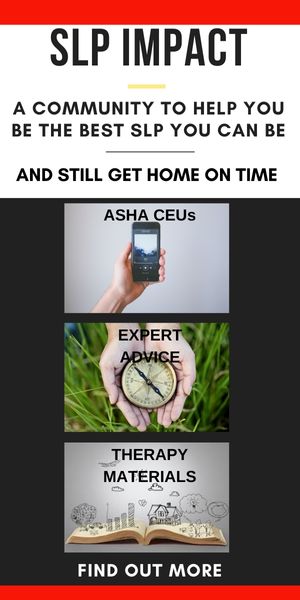 Does anyone else feel a disconnect between research and clinical practice in the field of speech-language pathology? Do you ever get to the end of a research article and think, “Now, how do I apply that clinically?” I know I am not alone in this. So many people talk about the need for a bridging research and clinical practice to positively impact the clinical world.
Does anyone else feel a disconnect between research and clinical practice in the field of speech-language pathology? Do you ever get to the end of a research article and think, “Now, how do I apply that clinically?” I know I am not alone in this. So many people talk about the need for a bridging research and clinical practice to positively impact the clinical world.
One person who does this beautifully is Dr. Ellen Bialystok, the one who inspired me to join this field, and I had the absolutely amazing experience of hearing her speak recently. A book she wrote led me to believe that I could do this job and join this field. In a few hundred pages I understood that:
- bilingualism is different
- we know how it is different
- there are too many bilingual children in special education
- we can fix this
- here is how
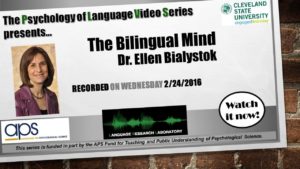 I was sold. I jumped ship from linguistics and became an SLP. I’ve never had the guts to approach anyone after a presentation but, in that moment, I wanted to thank her for producing work that solves real problems. Basically, she took research and showed me how to do my job better.
I was sold. I jumped ship from linguistics and became an SLP. I’ve never had the guts to approach anyone after a presentation but, in that moment, I wanted to thank her for producing work that solves real problems. Basically, she took research and showed me how to do my job better.
Dr. Bialystok shared that there are a few people in our field doing “translational research.” I hadn’t heard that term and asked what it meant. Here is the definition:
The question I was thinking was:
Verses What?!
Am I the only one who finds this completely ridiculous? Shouldn’t research just do that, just be applicable to health and well-being? Shouldn’t it all drive meaningful health outcomes? Should research need to be “translated” so that we mere mortals can understand it? How about not undertaking research if it has no identifiable, explainable benefit for the community it is purporting to serve?
I am allowed to dream, aren’t I?
What if no research was allowed to be published unless it contained at least one paragraph describing how it applies to real humans with real jobs or real children?
What if every grant that was funded had to identify what the problem is (IN CONCRETE TERMS) that the research was intending to address and improve?
 The Speech Pathology Surgeon General
The Speech Pathology Surgeon General
Short of this, I suggest that ASHA designate a new position: The Speech Pathology Surgeon General. This department would dutifully label all research with warnings prior to print.
Two points to conclude:
This does not have to restrict research but alignment is necessary
Research is critical to move our field forward. I consider myself a researcher and a clinician, and all of the research I do is designed to support my clinical work. In a day when professionals are expected to align everything: goals to curriculum, progress to time-frames, outcomes to insurance… why can’t researchers first align their attempts to the greater difficulties we find in the trenches?
There are bright spots in our field
There are researchers who perform their research in the same manner that the rest of us perform our jobs: They identify problems and then pursue 1) efficiency and 2) effectiveness in order to solve them.
As an example, we have a caseload, we identify the needs, and we find the fastest and best way to help. We don’t dream up solutions and spotlight aberrant correlations and then seek children who might benefit from them.
Let me tell you about three people who are bridging research and clinical practice well.
These researchers have taken the time to understand our professional needs and when I am done reading their work, I know exactly what I need to do.

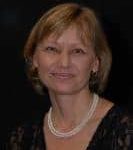
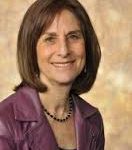
Let’s just call it Translational Research
Make the research count people. If it isn’t filtering down to the kids and adults, then what is the use? What are we doing it for?


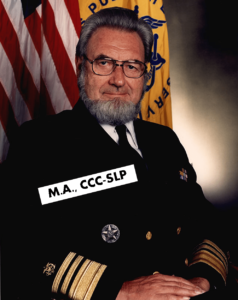 The Speech Pathology Surgeon General
The Speech Pathology Surgeon General


